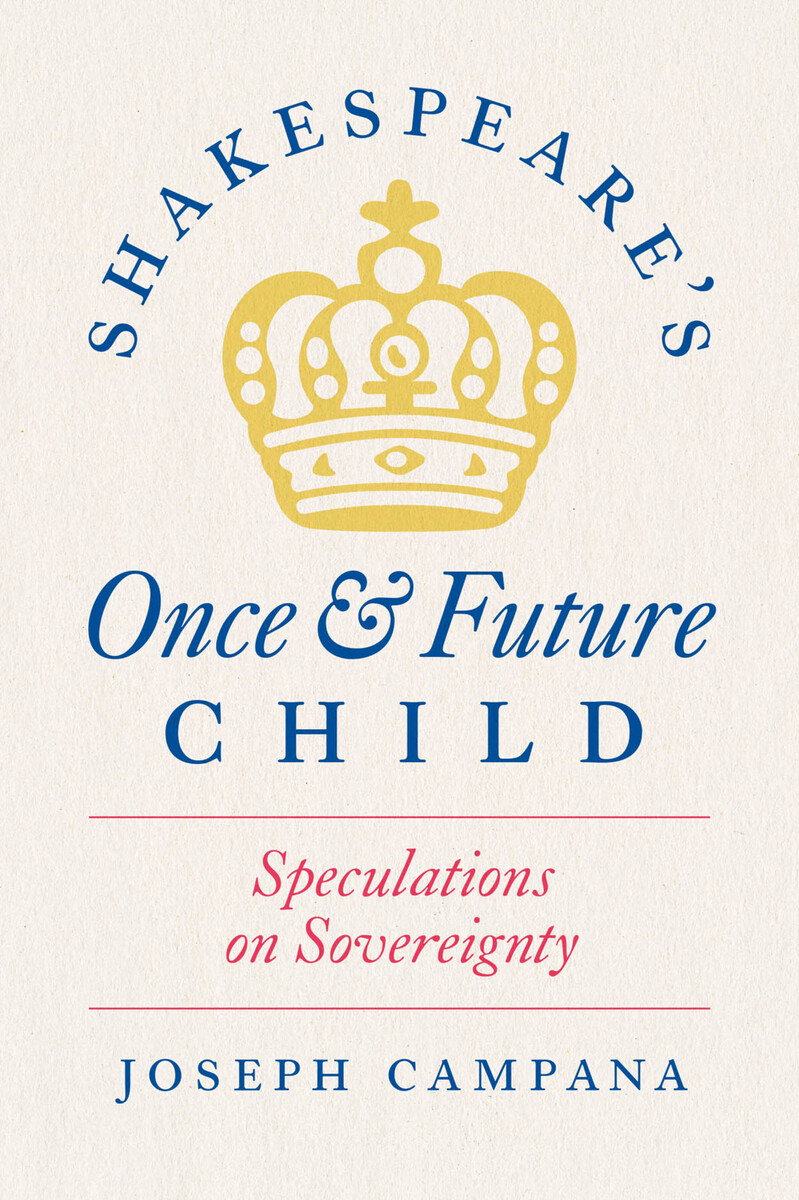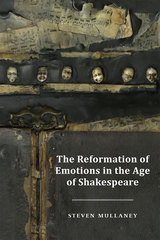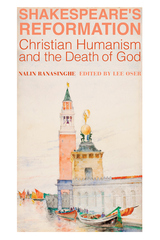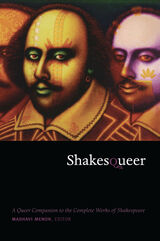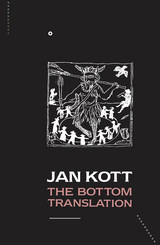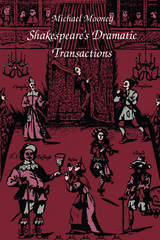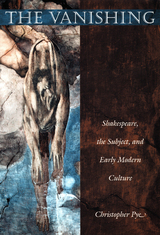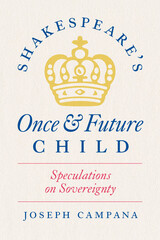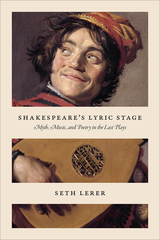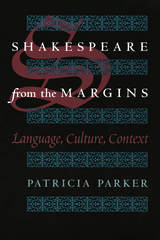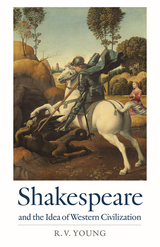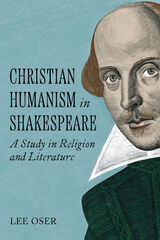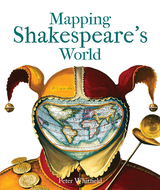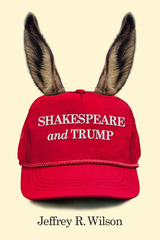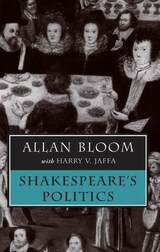Shakespeare's Once and Future Child: Speculations on Sovereignty
University of Chicago Press, 2024
Cloth: 978-0-226-83253-1 | Paper: 978-0-226-83254-8 | eISBN: 978-0-226-83255-5
Library of Congress Classification PR2992.C4C36 2024
Dewey Decimal Classification 822.33
Cloth: 978-0-226-83253-1 | Paper: 978-0-226-83254-8 | eISBN: 978-0-226-83255-5
Library of Congress Classification PR2992.C4C36 2024
Dewey Decimal Classification 822.33
ABOUT THIS BOOK | AUTHOR BIOGRAPHY | REVIEWS | TOC | REQUEST ACCESSIBLE FILE
ABOUT THIS BOOK
A study of Shakespeare’s child figures in relation to their own political moment, as well as our own.
Politicians are fond of saying that “children are the future.” How did the child become a figure for our political hopes? Joseph Campana’s book locates the source of this idea in transformations of childhood and political sovereignty during the age of Shakespeare, changes spectacularly dramatized by the playwright himself. Shakespeare’s works feature far more child figures—and more politically entangled children—than other literary or theatrical works of the era. Campana delves into this rich corpus to show how children and childhood expose assumptions about the shape of an ideal polity, the nature of citizenship, the growing importance of population and demographics, and the question of what is or is not human. As our ability to imagine viable futures on our planet feels ever more limited, and as children take up legal proceedings to sue on behalf of the future, it behooves us to understand the way past child figures haunt our conversations about intergenerational justice. Shakespeare offers critical precedents for questions we still struggle to answer.
Politicians are fond of saying that “children are the future.” How did the child become a figure for our political hopes? Joseph Campana’s book locates the source of this idea in transformations of childhood and political sovereignty during the age of Shakespeare, changes spectacularly dramatized by the playwright himself. Shakespeare’s works feature far more child figures—and more politically entangled children—than other literary or theatrical works of the era. Campana delves into this rich corpus to show how children and childhood expose assumptions about the shape of an ideal polity, the nature of citizenship, the growing importance of population and demographics, and the question of what is or is not human. As our ability to imagine viable futures on our planet feels ever more limited, and as children take up legal proceedings to sue on behalf of the future, it behooves us to understand the way past child figures haunt our conversations about intergenerational justice. Shakespeare offers critical precedents for questions we still struggle to answer.
See other books on: 1564-1616 | Early modern, 1500-1700 | Shakespeare | Shakespeare, William | Sovereignty
See other titles from University of Chicago Press
